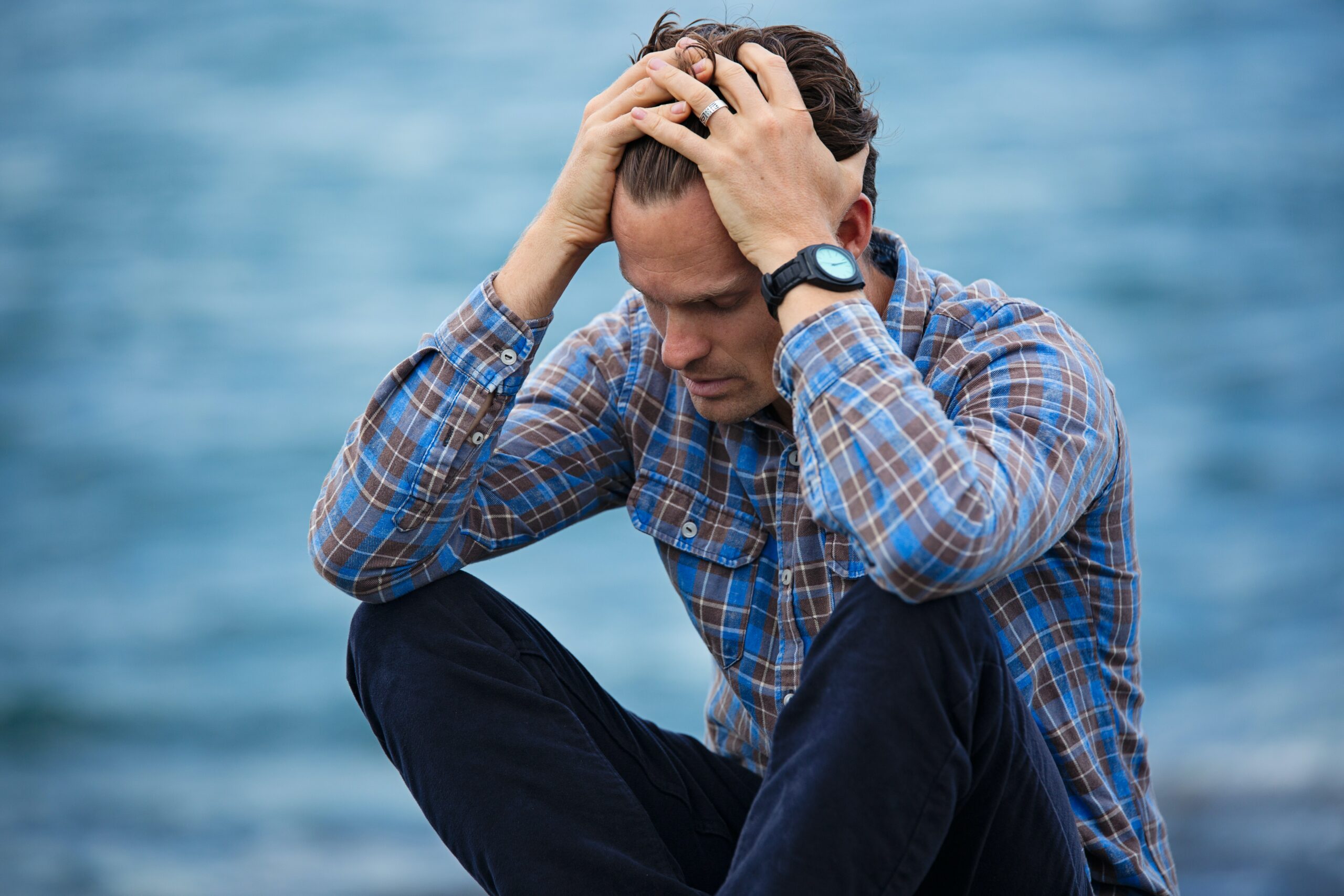World Mental Health Day takes place annually on 10 October highlighting a health issue that is more important than ever before. Covid-19 has thrown many lives into disarray, and it has also put the importance of men’s mental health into the spotlight. “The pandemic has put pressure on us all – job security, money concerns, fears for the health of loved ones and the feeling that the world is irrevocably changed,” says Dr Christopher Eldridge of IMC Camden Singapore. “But surveys show that men find it difficult to open up about mental health, and they are significantly more at risk of attempting suicide than women.”
Men’s mental health & depression
It’s not uncommon to experience days of feeling blue. “This is normal,” says Dr Eldridge. “Mood swings happen, but when it comes to men’s mental health, the mood does not swing back up. The days turn into weeks or months, and this can develop into a major depressive disorder, or clinical depression. Depression is a disease, caused by changes in chemicals in the brain called neurotransmitters. Depression not a choice, and it does not mean you are weak, bad or going crazy. It is characterised by different symptoms that are present for at least two weeks and represent a change from how someone ‘normally’ functions.” These symptoms are:
- Depressed mood most of the day every day (feeling sad or empty, being tearful)
- Loss of interest in activities that you normally enjoy
- Changes in appetite
- Changes in sleep patterns (either insomnia or sleeping more than usual)
- Loss of energy or fatigue
- Inappropriate feelings of guilt or worthlessness
- Difficulty thinking or concentrating
- Possibly recurrent thoughts about death and suicide
Men’s mental health & stress
One common men’s mental health issue is stress. During Covid-19, they might be finding it hard to juggle work with childcare during work from home periods. “Stress is a common human emotion. It’s natural for us to experience stressful periods at points in our lives, but especially now,” says Dr Eldridge. “Unfortunately, stress is an expected part of life in Singapore, particularly for those in jobs with regular deadlines, long hours and high levels of responsibility.”
Stress serves a protective function in our evolutionary history by mediating the ‘flight or fight’ response to protect us from danger. “Being stressed heightens our awareness and focus and prepares the body to respond to a threat,” says Dr Eldridge. “What humans have not evolved very well to cope with is persistent stress. When we are exposed to even low-level stress on a day-to-day basis, problems can arise.”
Men’s mental health & anxiety
Anxiety and stress can seem similar, but they are not the same, says Dr Eldridge. “Anxiety occurs in people who have been chronically stressed, however it can also happen with no obvious trigger. “One of the key differences is that people can clearly recognise why they feel stressed. In anxiety the focus shifts away from the trigger/situation and onto the feelings and emotions experienced. You can feel anxious about feeling anxious.”
As it becomes more severe, anxiety can lead to physical symptoms:
- Sleep problems
- Restlessness, agitation, anger
- Loss of appetite
- Low mood/depression
- Palpitations, dry mouth, nausea, chest pains
- Panic attacks
Not forgetting anxiety-related disorders
These disorders include the following:
- Generalised anxiety disorder (GAD) is a common anxiety disorder characterised by uncontrollable worrying. Sometimes people worry about bad things happening; at other times they may not be able to identify any source of worry
- Panic disorder is a condition that causes panic attacks, which are moments of extreme fear accompanied by a pounding heart, shortness of breath, and a fear of impending doom
- Post-traumatic stress disorder (PTSD) causes flashbacks or anxiety as the result of a traumatic experience
- Social phobia causes intense feelings of anxiety in situations that involve interacting with others
- Obsessive-compulsive disorder (OCD) is a condition that causes repetitive thoughts and the compulsion to complete certain ritual actions
Seeking help
If you suspect someone you know is experiencing issues in coping with feelings of stress and anxiety, help is always available. “Speak to your GP to find ways to feel better,” says Dr Eldridge. “This can be anything from exercise, meditation and relaxation techniques, referral for psychological therapy and medication. It is important to remember that most people will experience symptoms of anxiety at some point in their life and most will make a complete recovery. The key is recognising the problem. Share your feelings and seek help before things get worse.”
Dr Christopher Eldridge is a UK doctor who graduated from Guys and St Thomas’ Hospital in London. He intercalculated this with a degree in psychology. www.imc-healthcare.com T: 6733 4440








